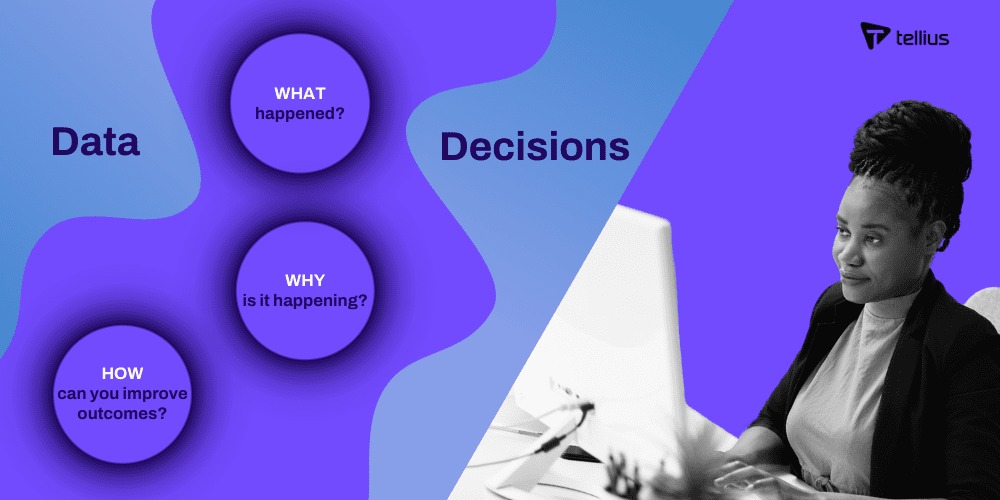Exploring Decision Intelligence: The Intersection of Data Science and Decision Making

Strong 8k brings an ultra-HD IPTV experience to your living room and your pocket.
Organizations are deluged with enormous volumes of data in today's data-driven world. While data holds immense potential, extracting meaningful insights and making informed decisions from this sea of information can be daunting. Decision intelligence is useful in this situation. To improve decision-making processes, decision intelligence is a multidisciplinary approach that combines data science, analytics, and human judgment.
Understanding Decision Intelligence:
Decision intelligence goes beyond traditional decision-making frameworks by integrating advanced analytics, machine learning, and human expertise. At its core, decision intelligence aims to enhance decision-making processes by leveraging data-driven insights to inform strategic choices. By systematically analyzing data and incorporating human judgment, decision intelligence empowers organizations to make more accurate, timely, and impactful decisions.
Components of Decision Intelligence:
Data Collection and Integration: Decision intelligence begins with the collection and integration of relevant data from various sources. This includes structured data from databases, unstructured data from text documents, and real-time data streams from sensors and IoT devices. By aggregating and harmonizing diverse datasets, organizations can gain a comprehensive understanding of the factors influencing their decisions.
Analytics and Modeling: Data analysis techniques such as statistical analysis, machine learning, and predictive modeling are central to decision intelligence. These analytical tools enable organizations to extract actionable insights from data, identify patterns and trends, and forecast future outcomes. By building sophisticated models, decision intelligence facilitates scenario analysis and predictive simulations, allowing decision-makers to evaluate different courses of action and their potential impacts.
Human Expertise and Judgment: While data and analytics play a crucial role in decision intelligence, human expertise and judgment remain indispensable. Decision-makers bring domain knowledge, experience, and intuition to the decision-making process, complementing the insights generated by data science. By integrating human judgment with data-driven insights, decision intelligence ensures that decisions are not only based on quantitative analysis but also reflect qualitative considerations and organizational goals.
The Role of Data Science in Decision Intelligence:
Data science serves as the backbone of decision intelligence, providing the tools and techniques to analyze and interpret data effectively. Data scientists play a key role in developing predictive models, conducting advanced analytics, and deriving actionable insights from data. By leveraging data science methodologies such as machine learning algorithms and data visualization techniques, decision intelligence enables organizations to extract value from their data assets and drive informed decision-making.
Benefits of Decision Intelligence:
Improved Decision Quality: Decision intelligence helps organizations make more informed, evidence-based decisions, leading to better outcomes and reduced uncertainty.
Enhanced Operational Efficiency: By streamlining decision-making processes and automating repetitive tasks, decision intelligence improves operational efficiency and resource allocation.
Strategic Advantage: Organizations that embrace decision intelligence gain a competitive edge by leveraging data-driven insights to identify opportunities, mitigate risks, and adapt to changing market dynamics.
In an increasingly complex and data-rich environment, decision intelligence offers a systematic approach to harnessing the power of data for better decision-making. By integrating data science with human judgment, decision intelligence enables organizations to navigate uncertainty, optimize outcomes, and drive innovation. As businesses continue to prioritize data-driven decision-making, decision intelligence will play a pivotal role in shaping the future of organizations across industries.
Note: IndiBlogHub features both user-submitted and editorial content. We do not verify third-party contributions. Read our Disclaimer and Privacy Policyfor details.


